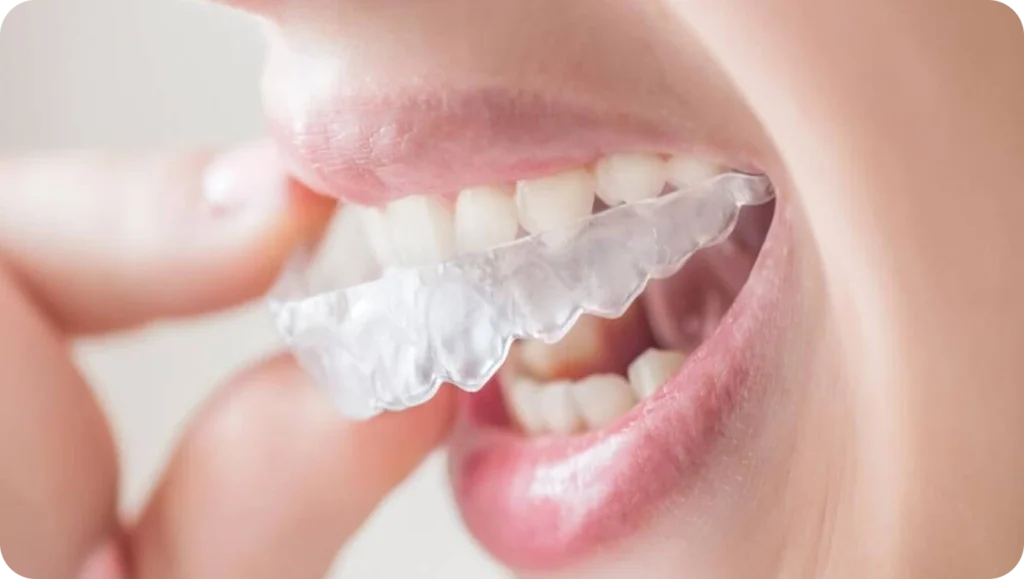Mastication problems
Mastication Problems: how to Identify and Treat Them
Identify the Signs of Mastication Problems
Mastication problems are common and can affect quality of life. Recognizing the signs early allows for appropriate action. Do you experience pain during mastication? Do you observe abnormal jaw movement? These symptoms should alert you. Another sign is difficulty properly grinding food. This can lead to digestive disorders. You might also notice a clicking or popping sound in your jaw. If these sounds become regular, it is time to act.

Understand the Causes of Mastication Problems
The causes of mastication problems are numerous and varied. Dental malocclusion is a frequent reason. This means your teeth are not aligned correctly. Unreplaced tooth loss can also be a factor. The imbalance created impairs proper mastication. Furthermore, temporomandibular joint (TMJ) disorders are often at the root of these problems. These disorders affect how the jaw moves. Finally, weakened or painful masticatory muscles can complicate the mastication process.
Adopt Solutions to Improve your Mastication
To improve your mastication, begin by consulting a dentist. A comprehensive dental examination is essential to identify the causes. Follow the dentist’s recommendations for effective treatment. Wearing a night guard may be advised if you suffer from bruxism. This habit of clenching or grinding teeth harms mastication. Another solution is orthodontics. If your teeth are misaligned, an orthodontic appliance can reposition them correctly. Replacing missing teeth is also crucial. Dental implants or prostheses are options to consider.

Adjust your Diet to Facilitate Mastication
Your diet plays an important role in mastication. Choose foods that are easy to chew to avoid worsening the situation. Prioritize soft foods such as steamed vegetables or purees. Avoid hard or sticky foods that can exert excessive pressure on your teeth. Furthermore, chew slowly and evenly on both sides of your mouth. This habit helps distribute the workload of the masticatory muscles. Finally, remember to drink enough water. Good hydration facilitates swallowing and helps prevent muscle pain.
Follow Exercises to Strengthen Masticatory Muscles
Strengthening your masticatory muscles can help resolve certain issues. Perform simple exercises daily to strengthen them. Begin by gently opening and slowly closing your mouth. Repeat this movement several times to warm up the muscles. Next, place your tongue against the palate and slowly open your mouth. This exercise strengthens coordination between the muscles and joints. Another exercise involves chewing sugar-free gum. Do this for a few minutes to stimulate the muscles. Be careful not to force it to avoid any pain or worsening of the problem.
Monitor and Adjust your Posture
Your posture impacts your mastication. Poor posture can create tension in the neck and jaw. To avoid this, ensure you maintain good posture, especially when eating. Sit upright and keep your shoulders relaxed. Your head should be aligned with your spine. Avoid tilting your head forward or to the side. If you spend a lot of time in front of a screen, adjust its height. Your gaze should be at eye level to avoid straining your neck and jaw muscles.
Avoid Bad Habits
Certain habits can worsen mastication problems. Bruxism is one such habit. It is important to be aware of this habit and correct it. If you smoke, be aware that it can also affect your teeth and gums. Tobacco contributes to weakening oral tissues, making mastication more difficult. Chewing non-food objects, such as pens, should also be avoided. This habit can damage your teeth and misalign your jaw. Finally, avoid chewing solely on one side of your mouth. This creates an imbalance that can lead to pain.
Consult a Professional if Symptoms Persist

If, despite all your efforts, symptoms persist, do not hesitate to consult a professional. A dentist or oral surgeon can guide you toward the appropriate treatment. Sometimes, additional examinations are necessary to make an accurate diagnosis. A more specific treatment can then be implemented. This may include physiotherapy sessions for the jaw. In some cases, surgical intervention may be necessary. Medical follow-up is crucial to prevent the problem from worsening.
Adapt your Lifestyle
Modifying your lifestyle can also help resolve mastication problems. Reduce stress, as it can exacerbate jaw tension. Practice relaxation techniques such as meditation or yoga. These help relax muscles and reduce bruxism. Take care of your oral hygiene to prevent infections and cavities. Brush your teeth after every meal and use dental floss. Consult your dentist regularly for check-ups and professional cleanings.
Maintain a Balanced Diet
A balanced diet is essential for oral health. Ensure you consume enough calcium and vitamin D. These nutrients strengthen bones and teeth. Fiber-rich foods, such as fruits and vegetables, stimulate saliva production. Saliva helps neutralize acids and protect teeth from cavities. Avoid overly sugary or acidic foods that can damage tooth enamel. Drink water regularly to maintain good hydration. This also contributes to better digestion and more effective mastication.
Prioritize your Mastication for a Better Quality of Life
Taking care of your mastication is essential for preserving your general health. Identify the signs of problems as soon as they appear. Adopt appropriate solutions to improve your masticatory comfort. Adjust your diet and perform regular exercises to strengthen your muscles. Consult a professional if symptoms persist. By following these recommendations, you will contribute to improving your quality of life. Good mastication is not limited to digestion; it also contributes to your overall well-being.
